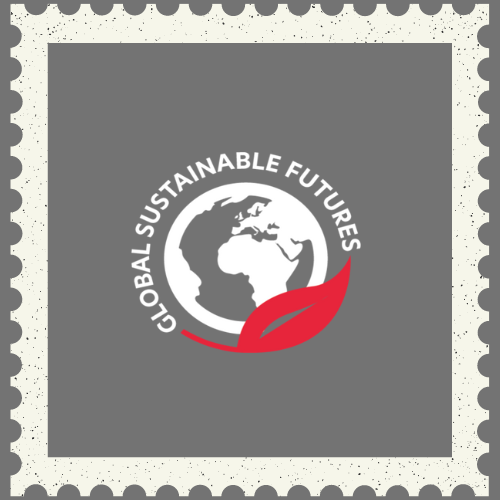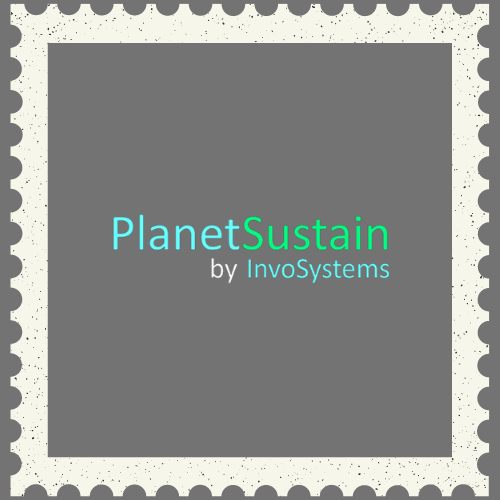Our Mission & Vision
Our mission is to build a community that fosters sustainable IT practices through education, collaboration, and innovation, promoting environmental responsibility, social equity, and economic development.
Our vision is a world where IT is used in a sustainable manner, contributing to the preservation of the environment and the improvement of people’s quality of life. We aim to create a community that shares knowledge, best practices, and technologies, fostering innovation and enabling people and organizations to practice and promote Sustainability and Resilience.
Our Objectives Are
1. Training Programs for IT Professionals to increase awareness and understanding of sustainable IT concepts and methodologies.
2. Public Awareness campaigns to educate consumers and businesses about the environmental impact of IT products and services.
3, Organize workshops, seminars, and webinars to disseminate information and best practices related to sustainable IT.
4. Partnerships with Industry and NGOs to develop and promote educational initiatives focused on sustainable IT.
5. Certification programs for sustainable IT practices, providing recognition and validation for individuals and organizations that demonstrate commitment to environmental stewardship in their IT operations.
6. Highlighting Case Studies and Success Stories showcasing examples of organizations successfully implementing sustainable IT initiatives.
1.Assessment of Environmental Impact of current It practices including energy consumption, electronic waste generation, and carbon emissions.
2. Development of Green Computing Solutions such as energy-efficient hardware designs, low-power software algorithms, and renewable energy integration.
3. Lifecycle Analysis of IT Products to identify opportunities for reducing environmental footprint throughout the supply chain, from raw material extraction to end-of-life disposal.
4. Promotion of Circular Economy Principles within the IT industry.
5. Evaluation of Sustainable Data Management Practices that optimize energy efficiency and minimize environmental impact.
6. Assessment of Green Data Centers to improve their energy efficiency, cooling mechanisms, and utilization rates to reduce their carbon footprint.
7. Integration of Sustainability into IT Governance frameworks, policies, and decision-making processes to ensure that environmental impacts are systematically addressed and mitigated.
8. Analysis of Green IT Policies and Regulations and propose recommendations for enhancing regulatory frameworks to promote sustainable IT practices.
9. Impact of Emerging Technologies on Sustainability such as artificial intelligence, blockchain, and Internet of Things (IoT) to harnessthese technologies to advance sustainability goals.
1. Forging Partnerships with Environmental Organizations and NGOs amplifying collective efforts to address environmental challenges.
2. Formation of Industry Alliances among technology companies, researchers, and policymakers dedicated to advancing sustainable IT practices.
3.Development of Best Practice Guidelines and standards for sustainable IT, providing a framework for organizations to implement environmentally responsible policies and initiatives.
4. Engagement with Policy Makers at local, national, and international levels to drive systemic change.
5. Stakeholder Education and Training Programs to raise awareness about the importance of sustainable IT.
6. Collaborative Research Projects focused on developing innovative solutions for sustainable IT.
7. Establish knowledge sharing platforms, such as conferences, workshops, and online forums, to facilitate the exchange of ideas, experiences, and best
practices.
8.Support for Green Technology Startups and entrepreneurs working on sustainable IT solutions, fostering innovation and entrepreneurship in the field.
9. Encourage businesses to integrate sustainable IT principles into their corporate social responsibility (CSR) initiatives advocating for responsible business practices that prioritize environmental stewardship.
1.Development of Energy-Efficient Computing Architectures and hardware designs that prioritize energy efficiency, reducing power consumption and carbon emissions in IT systems.
2. Integration of Renewable Energy Sources such as solar, wind, and hydroelectric power into IT infrastructure reducing reliance on fossil fuels and mitigating greenhouse gas emissions.
3. Optimization of Data Center Cooling Systems to minimize energy consumption and water usage while maintaining optimal operating temperatures for IT equipment.
4. Enhancement of Resource Efficiency in Cloud Computing.
5. Advancement of Sustainable Software Development Practices including code optimization, modular design, and efficient algorithms, to reduce resource consumption and improve performance.
8. Promotion of E-Waste Reduction Strategies by extending the lifespan of electronic devices, encourage repair and refurbishment, and facilitate responsible recycling practices.
9. Exploration of Sustainable Supply Chain Management.
10. Enhancement of Data Security and Privacy in Sustainable IT Systems ensuring that environmental gains are not compromised by vulnerabilities or data breaches.
11. Develop metrics and assessment frameworks to quantify the social and environmental impact of sustainable IT initiatives.
Leadership Team

Dr. Niladri Choudhuri
President

Dr. Surabhi Prakash
Executive Director

Alex Hong
Advisory Board Member

Archana Joshi
Advisory Board Member

Avinash Rao
Advisory Board Member

Manoj Garg
Advisory Board Member

Matt Williams
Advisory Board Member

Naresh Choudhary
Advisory Board Member

Payal Nath
Advisory Board Member

Randeep Kapur
Advisory Board Member

Sanjay Singh
Advisory Board Member

Nishant Idnani
Advisory Board Member
Interested In Joining Us?
Join us on the journey to a more eco-friendly and responsible computing world













